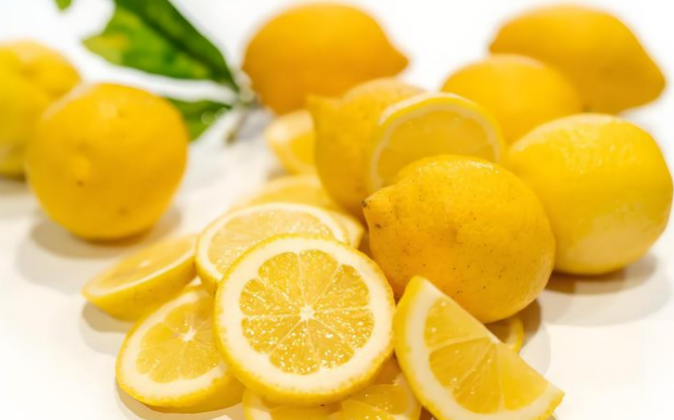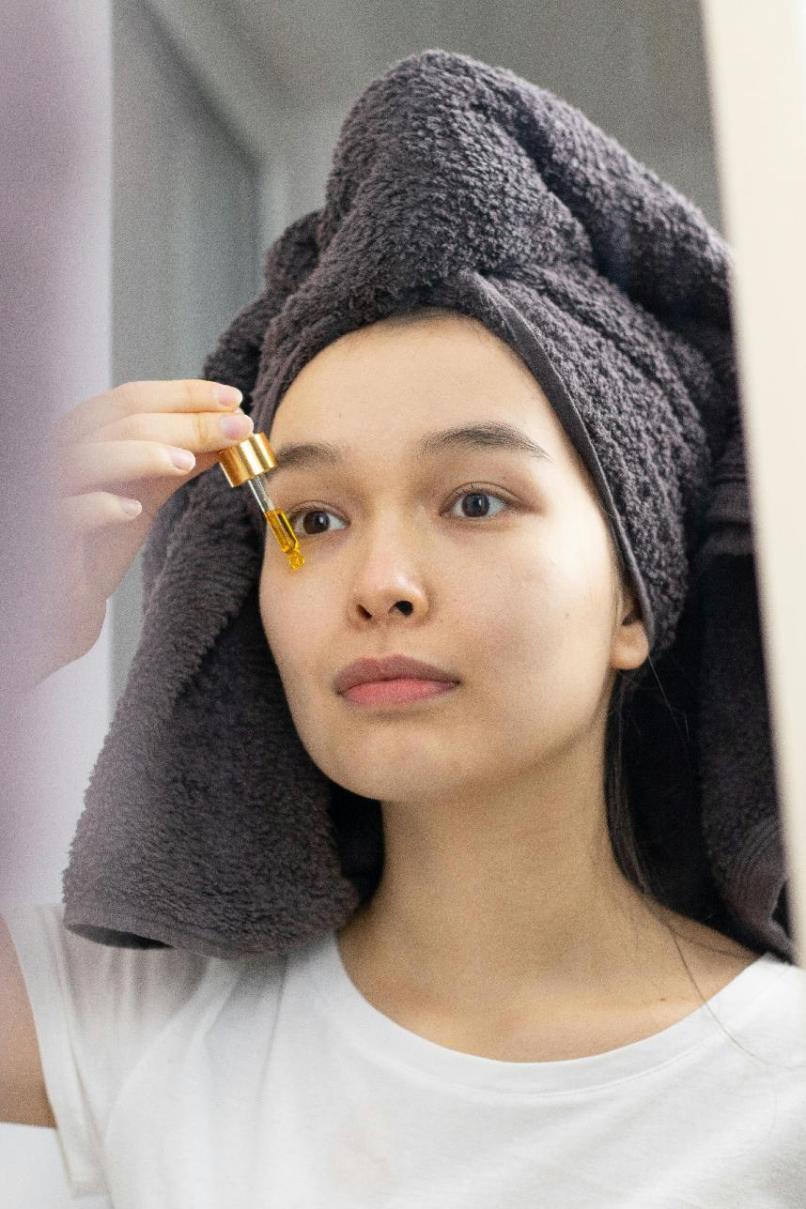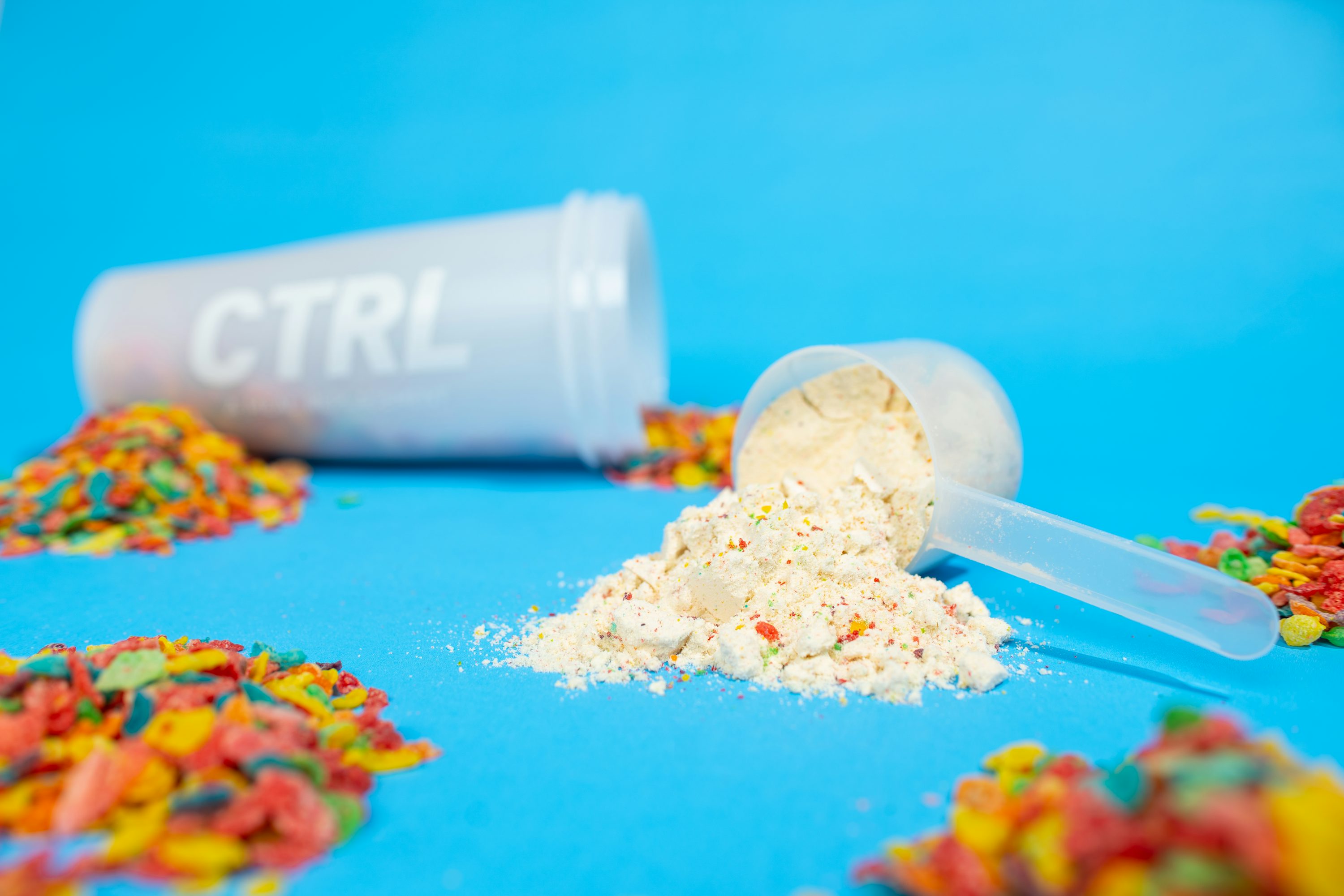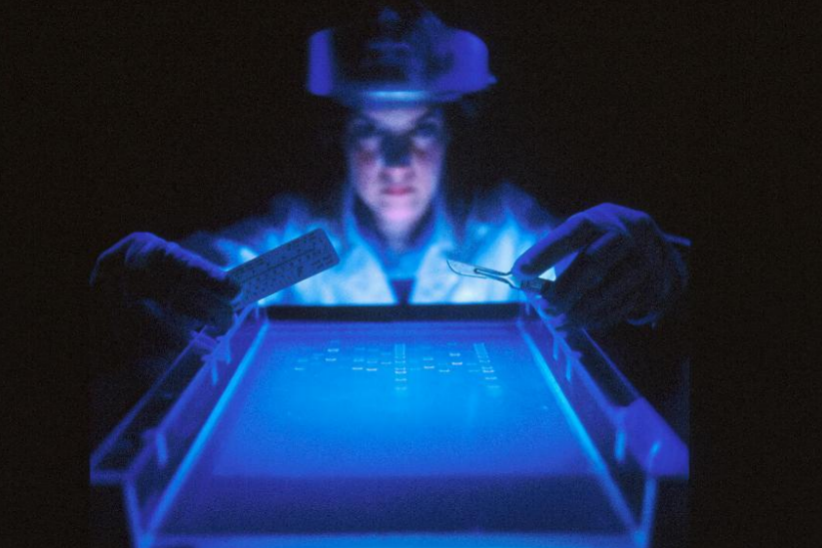Do you wake up in the morning with a sore jaw, a headache that feels like someone's been hammering it, and a buzzing sound in your ears? Don't rush to blame your pillow or mattress the problem might lie in your teeth! That's right, you may be sharpening your teeth at night, a condition medically known as bruxism.
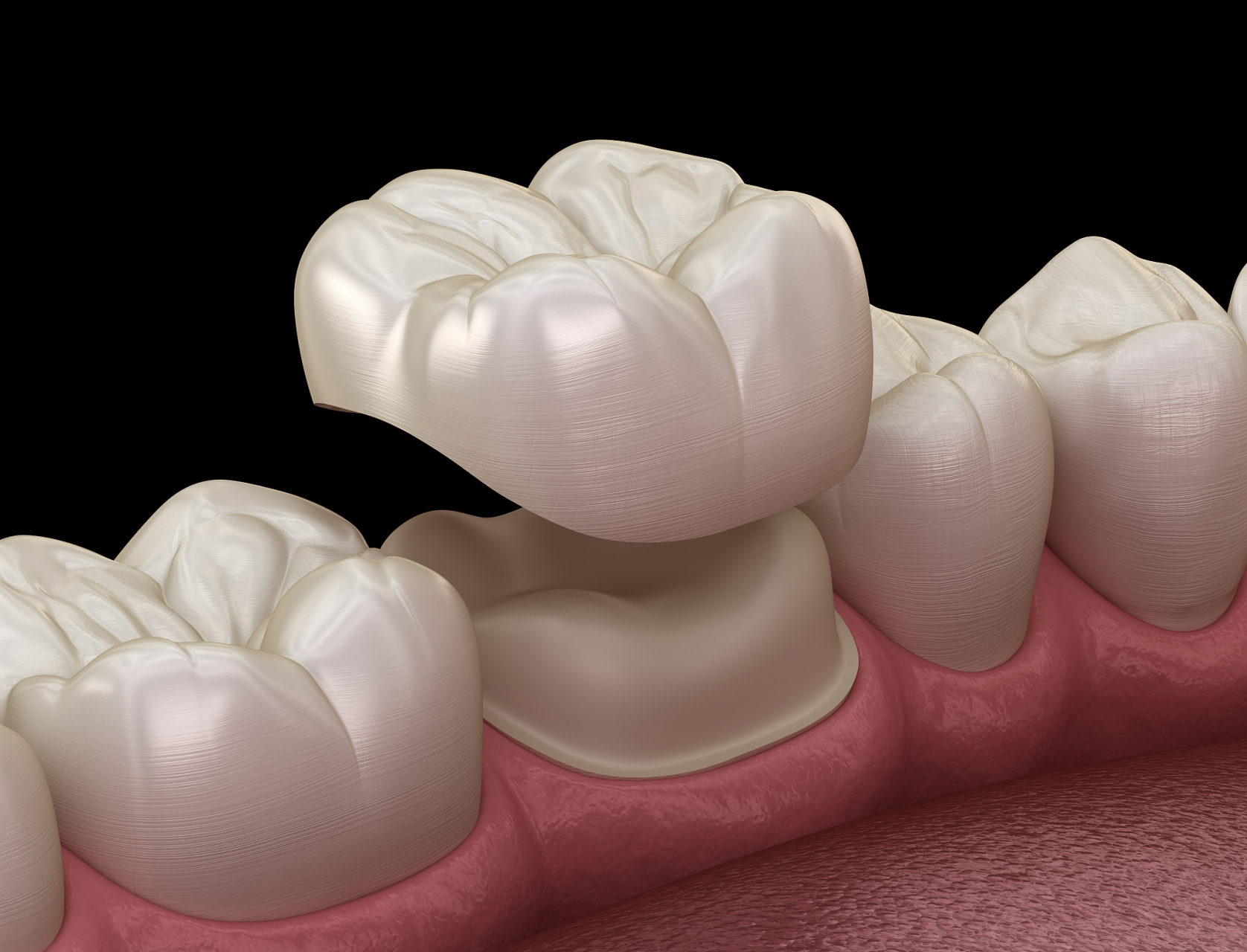
Bruxism, in simple terms, refers to your teeth "working overtime" while you're unconscious either your upper and lower teeth are grinding against each other (grinding), or you're clenching your teeth tightly (clenching). This "night shift." doesn't just wear down your teeth, it can also trigger a series of chain reactions, such as jaw pain: feeling like your jaw is "locked," and it's hard to even open your mouth Headaches: especially around the temples, like someone's drumming inside your head. Neck pain: your neck muscles also "work overtime" when grinding, leading to a sore neck. Tinnitus: a buzzing sound in your ears, like living in a swarm of bees. Dizziness: feeling like you've been on a roller coaster all day, with a heavy head and light body.
The "behind-the-scenes culprit" of bruxism: Stress: a modem life "standard"- the more stress, the more grinding. Genetics: If your parents grind their teeth, you might not escape it either. If you suspect you have bruxism, try the following "at-home test methods." Mirror test. Open your mouth and see if your canine teeth are worn flat. If they are, this is likely the result of grinding. After all, teeth don't wear themselves down unless you're "gritting your teeth" in your sleep. Put your finger on the angle of your jaw (below your ear) and bite down tightly. If you can feel the muscle bulging, it means your chewing muscles are "overdeveloped"— this is a typical sign of bruxism.
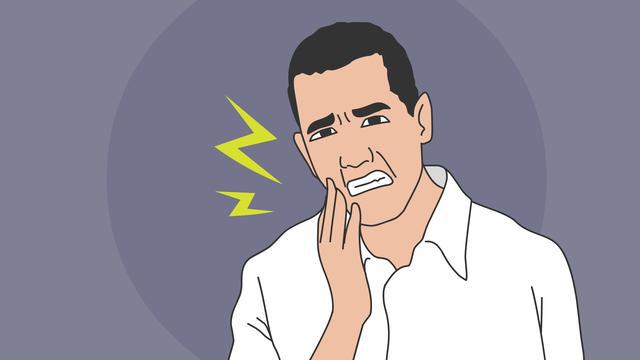
If bruxism has been torturing you, don't worry, modern medicine has a "secret weapon" — botulinum toxin injections. Yes, the "magic little needle" is used in the beauty world to eliminate wrinkles. But this time, its task is to relax your chewing muscles. Botulinum toxin can temporarily paralyze the muscle fibres in your chewing muscles, preventing them from contracting excessively. This way, you won't be
"gritting your teeth" at night, and your teeth and jaw can finally rest. In the days following the injection, you may find it a bit harder to eat as your muscles adjust. If you don't want to get an injection or want to try other methods, here are a few "self-help tips": Since stress is the "root cause of bruxism, tackle the problem at the source take a break and relax by the beach. A dentist can make you a custom night guard; once you wear it, your teeth won't grind against each other. Although it may feel like there's an "alien object" in your mouth at first, once you get used to it, you'll feel like it's your "sleep guardian."
Lily, a 28-year-old designer, had a lot of work stress and frequently stayed up late.
Three years ago, she started having frequent migraines, and six months ago, she noticed her jaw was always tense, even hearing a clicking" sound. After an examination, the doctor diagnosed her with bruxism. At first, Lily was resistant to botulinum toxin injections, thinking of it as a "cosmetic treatment." But, after the doctor's advice, she decided to give it a try. In the first few days after the injection, she did find it a bit harder to eat, but the tension in her jaw noticeably decreased, and her headaches slowly faded. The most surprising thing was that the "clicking" sound in her jaw completely disappeared.
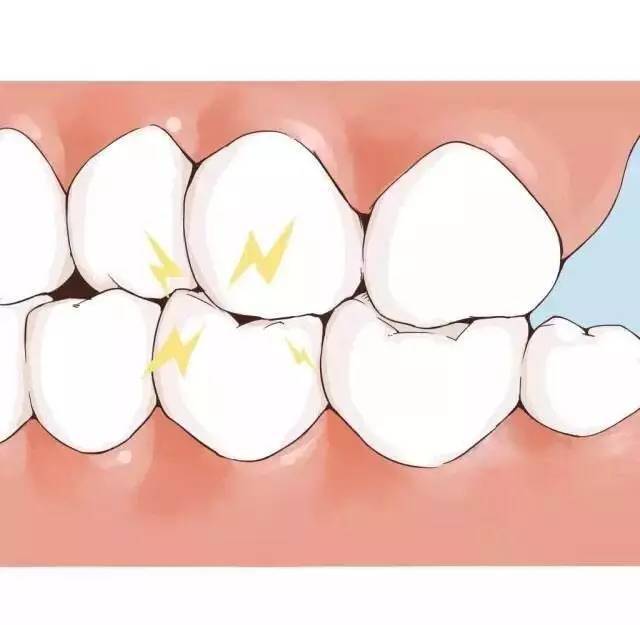
Although bruxism isn't a serious disease, ignoring it for too long could lead to a complete "strike" of your teeth, jaw, and even your entire head. If you notice signs of bruxism, try today's self-test and coping strategies. Your teeth are part of your body—don't let them "work overtime" too hard.

